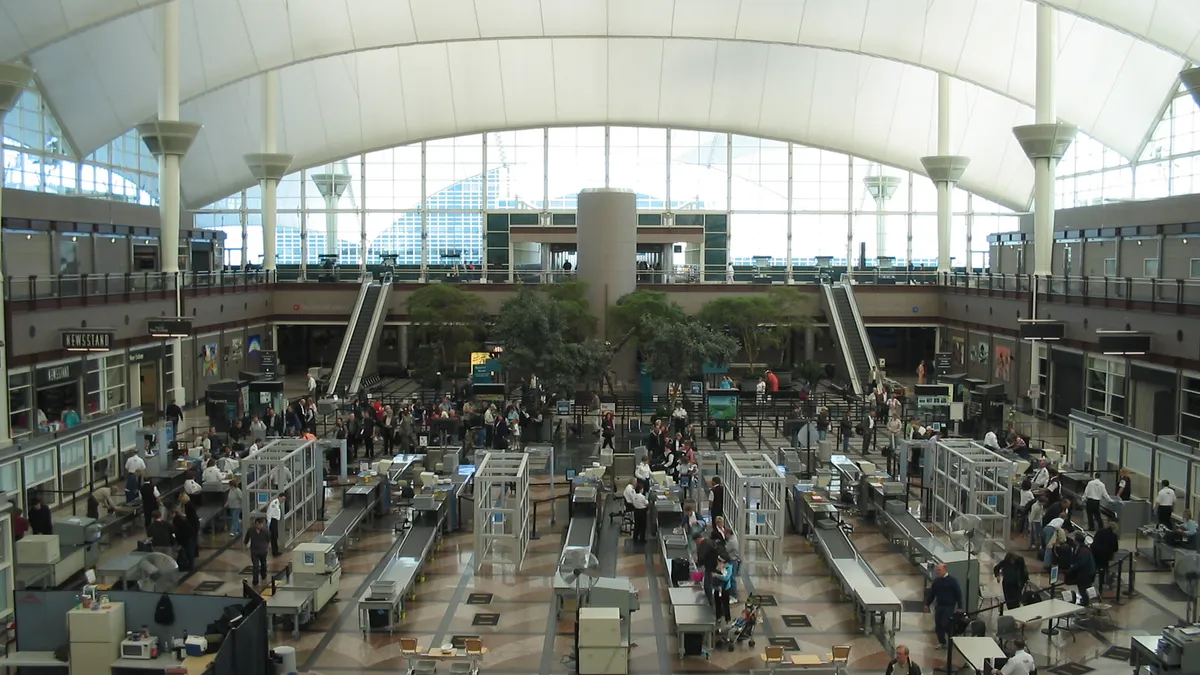Dive Brief:
- Avast, a Czech-based security and antivirus firm, conducted a test to see how many people would log on to free, unsecured Wi-Fi hotspots at the Barcelona Airport as people arrived to attend Mobile World Congress 2016.
- Despite the lack of security, more than 2,000 users connected over the course of a few hours, Avast said.
- In almost two-thirds of the cases, researchers were able to see the identity of the device and the user, accordin to a ZDNet report.
Dive Insight:
Avast set up a variety of open hotspots around the airport with common names like Starbucks" or "Airport_Free_Wifi_AENA." Researchers could see user's online activity when logged on to the networks, highlighting the dangers of accessing open, unsecured Wi-Fi hotspots. For example, more than 61% of the users searched on Google or checked their Gmail accounts.
"Many individuals recognize that surfing over open Wi-Fi isn't secure," said Gagan Singh, president of mobile at Avast, according to ZDnet. "However, some of these same people aren't aware that their device might automatically connect to a Wi-Fi network unless they adjust their settings."
The test should come as a warning to mobile users to ensure they identify the source of a Wi-Fi network or verify its integrity. Hotspots that connect with passwords are more secure, said Singh.
Educating mobile workers about the dangers of threats like unsecured Wi-Fi hotspots and visual hacking is critical to protecting the enterprise. Hackers can exploit small vulnerabilities, potentially allowing for access into enterprise systems just because of one user's lacking security measures.











